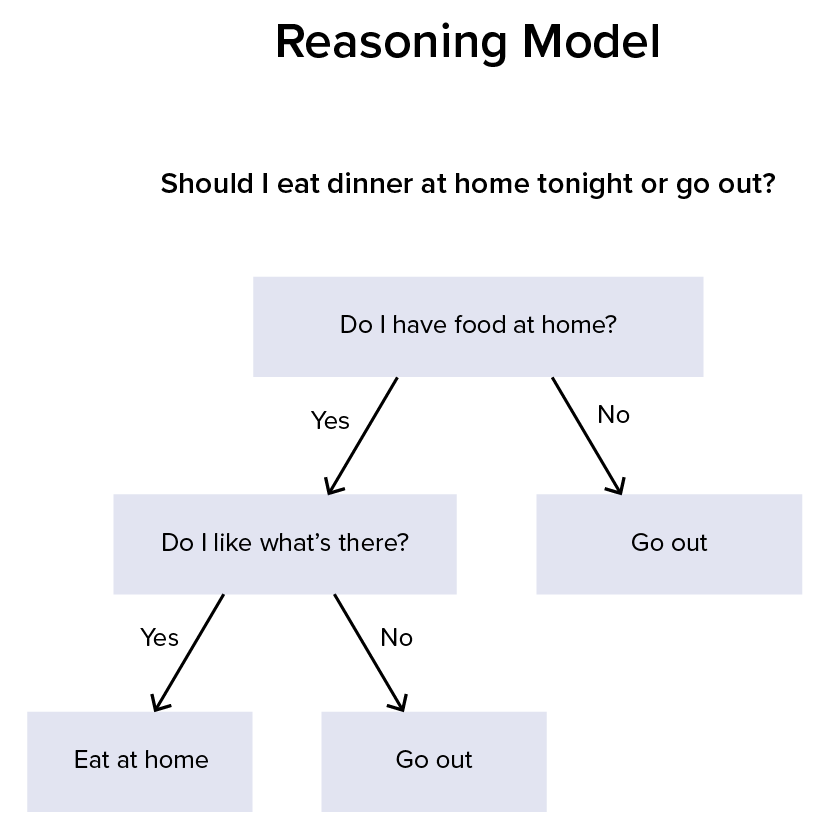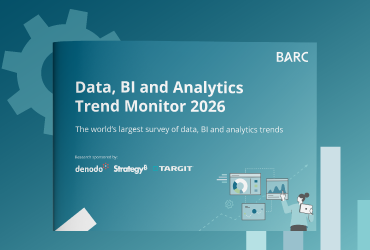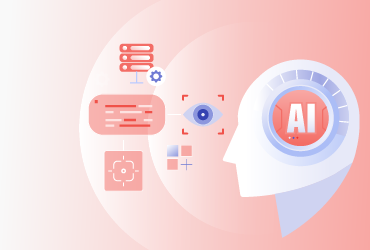How the Denodo Platform Leverages Reasoning Models
Denodo DeepQuery, announced on July 7, 2025, is an AI capability that uses reasoning models to investigate, synthesize, and explain its reasoning, to answer complex “why” questions, as well as other open-ended questions, in minutes rather than days, using fully explainable responses.
Reasoning models are essential in a wide variety of domains, from AI to business analytics, providing structured approaches to decision-making and problem-solving. As technology advances, reasoning models will continue to evolve, enhancing automation, intelligence, and efficiency across industries.








